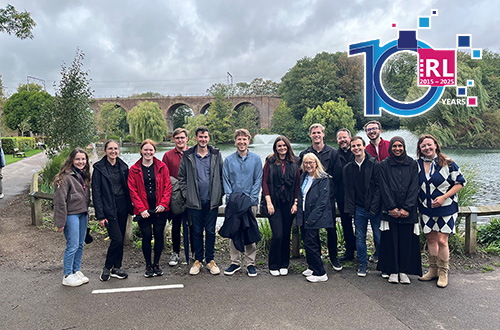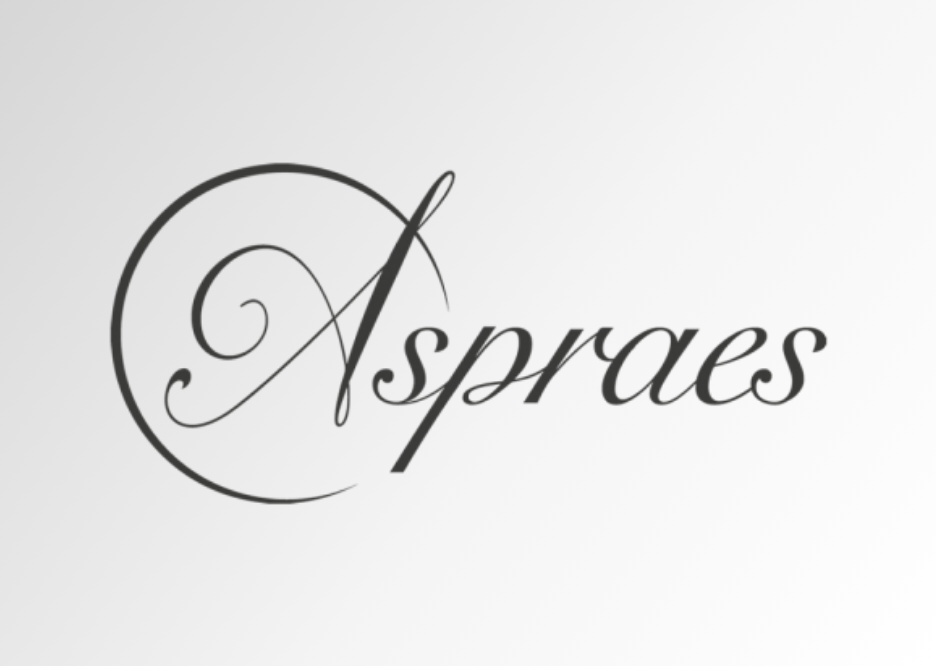This is a regular question that we hear from governors of academy trusts.
It is not a surprise given that academy accounts are some of the most complex financial statements in nature.
Accounts for multi-academy trusts (MATs) effectively:
-
Consolidate multiple schools into one set of figures
-
Have quite techy adjustments for the LGPS pension each year
-
Recognise income to comply with the Charities SORP (which is different to the standard accruals concept that people may be more familiar with in business accounts!); and
-
Are in fund accounting format to recognise different types of reserves held.
So, in order to answers this question and help break down some of these complexities, it is necessary to first understand the types of funds an academy would have:
Unrestricted:
These funds are 'as they say on the tin', i.e. 'general' income that can be used for any charitable purpose; so, in the context of an academy this generally means for furtherance of education.
Designated:
These funds are also unrestricted but are where the trustees have decided to allocate some of the 'general' unrestricted funds to a specific purpose, i.e. for the purchase of a minibus or towards a capital project. The trustees can decide to move funds in and out of designated funds at any time if the priorities or circumstances of the academy needs change.
Restricted:
These funds arise where income is received for a specific purpose and can therefore only be used for that purpose. Restricted funds have to be carefully managed and if funds have been given with potential clawback arrangements in place, it is important to ensure that the income and expenditure is carefully matched and allocated against each other in case any needs to be repaid back to the funder.
Restricted funds can be further analysed between:
- Income: This will include any ESFA or local authority funding received for day to day or revenue expenditure.
-
Fixed assets including unspent capital grants:
This fund will represent expenditure on capital items and building works including any funds received from external bodies for capital projects not yet spent. This fund will match the assets in the academy balance sheet plus any funds held yet to be spent.
-
Pension:
The LGPS pension has its own restricted fund for accounting purposes. This therefore matches the overall fund value or obligation (pension deficit) for the majority of academies.
Therefore, the funds to be reconciled to your bank balances are: unrestricted, designated, restricted income fund, and, the unspent capital grant element of fixed asset fund.
Invariably, this still won’t agree to your bank balances because not everything will have been paid or received at the 'reconciliation' date. Therefore, you will need to then review your other balance sheet items as follows:
-
Bank balances; add
-
Current assets; less
-
Current liabilities; less
-
Long-term liabilities (excluding the LGPS pension).
This bank and reserves reconciliation is a key reconciliation to help ensure accuracy of your funds but also to understand the cashflow of the academy looking forward.
If you need help with preparing these reconciliations, or in training governors to help understand your academy accounts, please get in touch.
This article is from the latest edition of our Education Bulletin. To receive future copies of any of our newsletters directly to your inbox, please visit our preference centre to register your interest.
If you have any questions about the above, or would like more information specific to your circumstances, please enter your email address below and we will get in touch:













